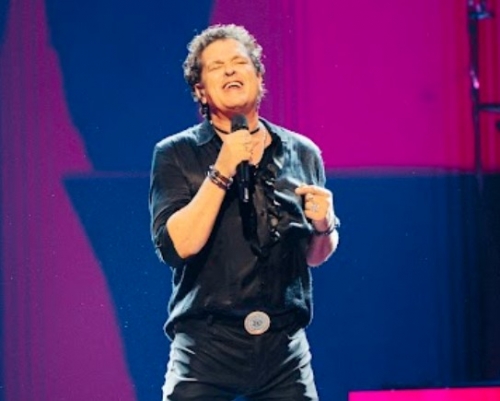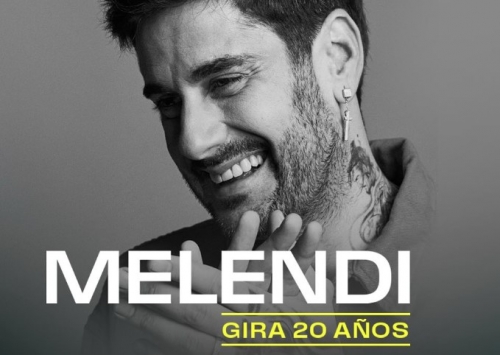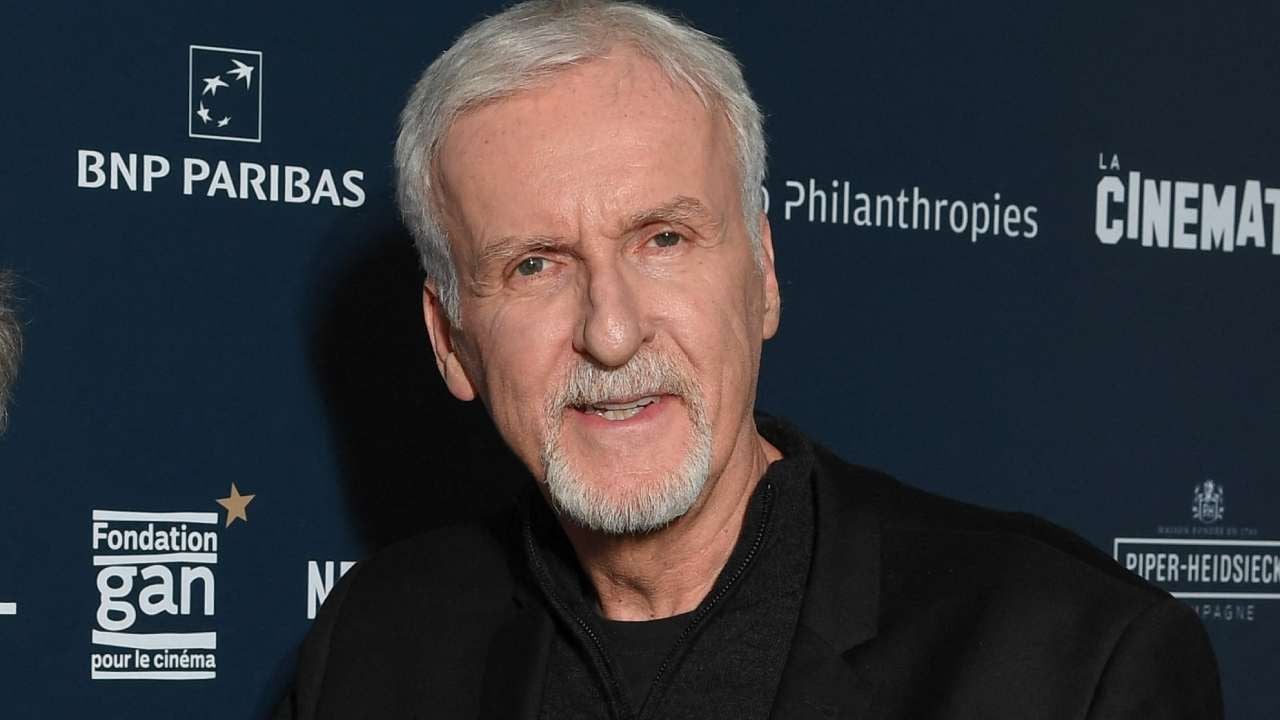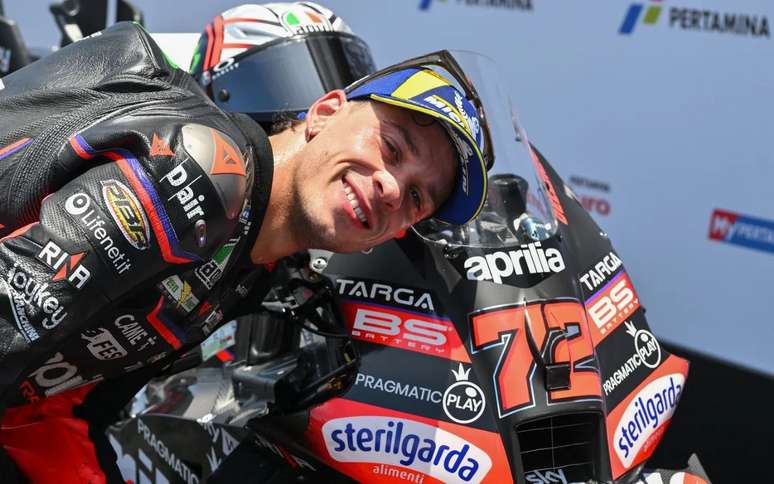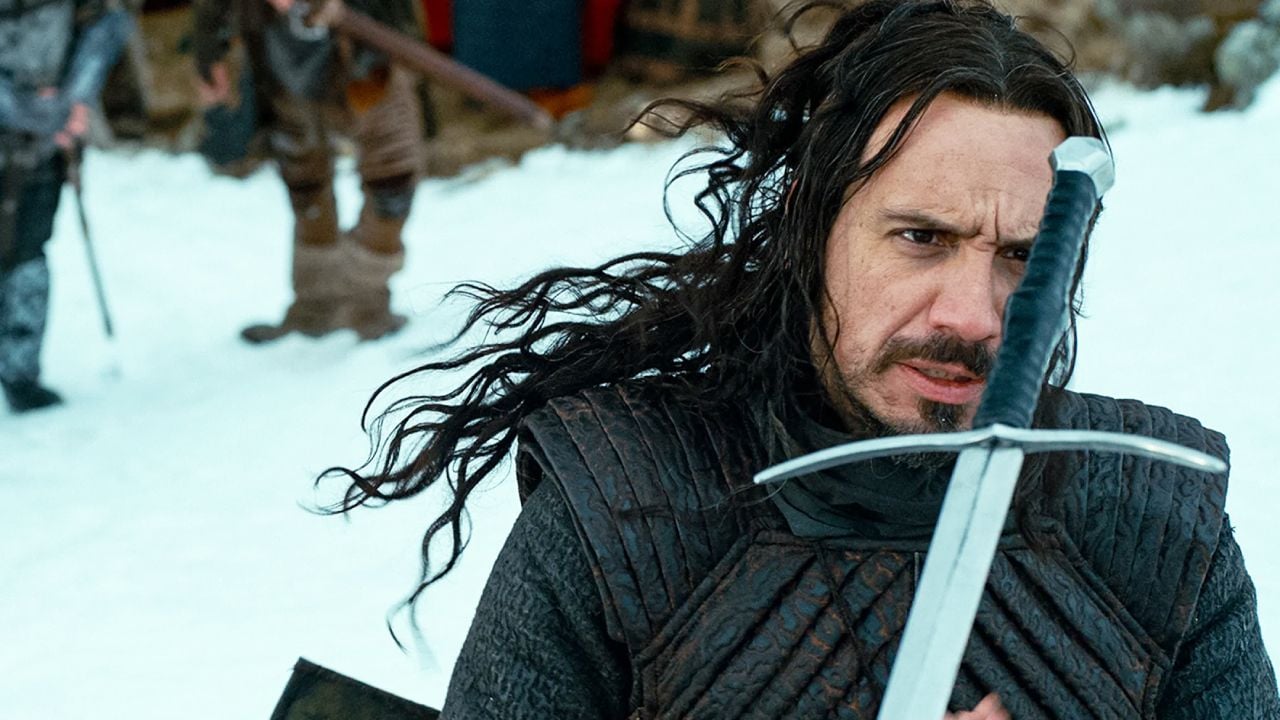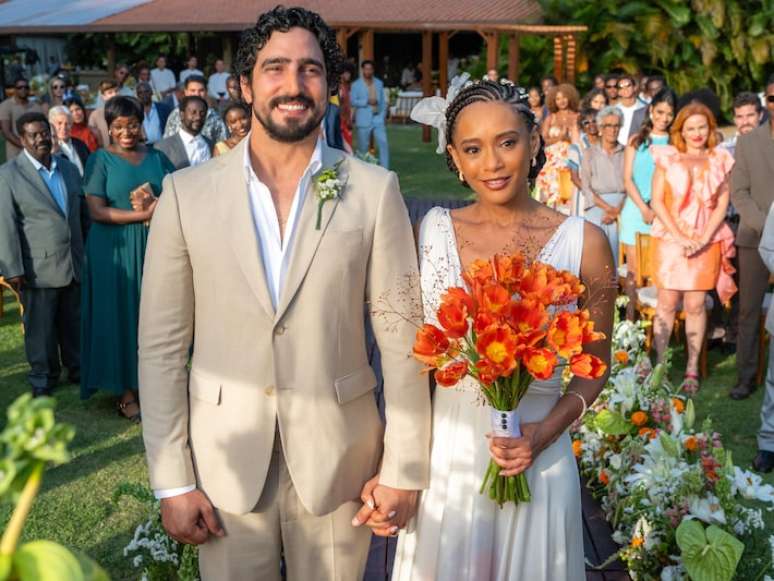In his imagean exceptional chronicle of Corsica
After The Apaches, A violent life AND Investigation into a State ScandalThierry de Peretti returns to Corsica and delivers with In his image an extraordinary fourth feature film. Telling the story of Antonia, a young photographer who we will follow for about fifteen years, it shows a double struggle for self-determination. That of a young woman, like that of the Corsican people. Adaptation of the novel of the same name by Jérôme Ferrari, In his image uses photography to offer a new history of Corsica in the 80s and 90s, where the political is represented by the intimate.
Beautifully written and directed, passionately photographed, Thierry de Peretti’s new film caused a stir when it was presented at the 2024 Cannes Film Festival. The filmmaker tells us directly in the eyes and with empathy about his Corsica, its political radicalism and its struggle through the prism of their disillusionment and disintegration, in a story that is also the confrontation between love and dogmatism.
We met Thierry de Peretti to talk about itIn his imageone of the most brilliant and complete films of the year.
With In his imageanother Corsican film was noticed at the Cannes Film Festival, The Kingdom by Julien Colonna. Would Corsica become a land of cinema nourished mainly by island directors?
Thierry de Peretti : Cinema is being made. There are actors and actresses who go from one film to another, we know each other. There is a group. I think these are personal films and they want to say: let’s talk about ourselves. Which hasn’t happened until now, or much less. We hope that this will continue. There is a real dynamic in Corsica. There is a film library, a film education at the University of Corte, a real network of cinemas. The dynamic is global, there are not only directors alone in their corner, there is a whole network.
With In his imageyou return to the main political events of contemporary Corsican history, approaching them through the eyes of a young photographer. What is your intent with this story?
Thierry de Peretti : These are past events, but they continue to irrigate the collective imagination. That of the armed struggle, but not only, that of the political issues that remain very salient in Corsica. There is a whole mythology around these events and the film allows us to see them through Antonia’s eyes. Through photography, she questions what she sees. She questions, criticizes, deconstructs.
So the idea for me is to say about these events, which I experienced indirectly myself, what do I have left of them and what do I do with them?
If I make films about them, is it to tell them as the political leaders said, as the media told them, as the archives show? Or do I do something else with it. And why am I doing something else? Because the stories that have been told don’t suit me, and neither do the stories that have been told about us. The more complex stories as well as the more superficial stories.
Tales and legends, prejudices… Our stories have been contaminated by stories that were not ours, starting with the oldest ones like Maupassant and Mérimée who have transmitted a whole folklore and stereotypes that we have ended up – even internalizing, and against which cinema can construct images that influence these banal representations.
There is a very nice scene, in which Antonia photographs her lover Pascal, an activist of the FLNC, while he is talking on the phone, and in which we can hear “Salut à toi” by the punk group Bérurier noir.
Thierry de Peretti : There, in this scene that you mention, the question is whether he realizes that he is touching the essence of his work. Because it is through the intimate that he accesses politics. We prevent him from going to Lyon, from doing his work, but we will not prevent him from photographing his lover, his friends, his family, his loved ones, some of whom are linked to the struggle for self-determination, to armed struggle and violence. That is why he has access to something unique, only she can see it.
When her editor-in-chief refuses to let her go to Lyon because it would only take “one more photo,” she rebels and says she doesn’t want others to tell her story. She’s right, but also a little wrong. Because it’s by photographing your lover on the phone, probably while he’s resolving questions related to his struggle, that a unique point of view is formed. In the manner of Nan Goldin and other photographers, who have chosen intimacy to tell the story of a people and an era.

But this intimate vision, this unique point of view, also seems to connect other struggles, other points of view through this song. There is this little living room where Antonia photographs Pascal, Corsica, but also everything that surrounds her.
Thierry de Peretti : This song from Black berry bush in fact it brings together all these struggles, for me it is important and this is my point: to connect this contemporary political history of Corsica, at that time, with other liberation struggles. It is like the sequence in which Antonia photographs her friends while they dance to a song by Cheb Hasni. I like Cheb Hasni and this sound, but it is above all to say that while these young people are fighting in Corsica, there are struggles in Algeria, in Europe, struggles for emancipation that are not the same but that can connect. It allows you to put things in perspective and concentrate. This attention, essential to photography and cinema, because what images are is therefore the representation of things.
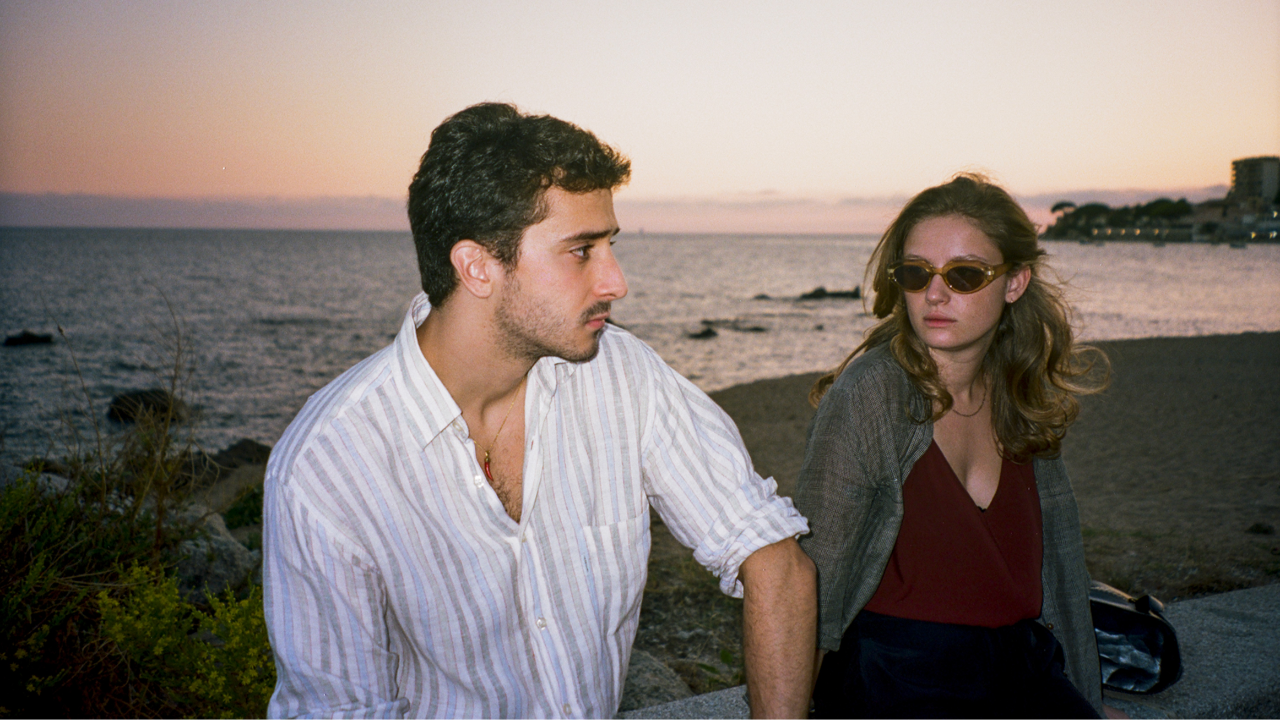
Thierry de Peretti : My ambition is to make people understand that Corsica is not the same society as French society. It is not the same people, not the same culture, not the same history. It is very difficult to make people outside understand. I want to give my little contribution. This seems important to me because, since Corsica is always threatened by political violence because many political issues have not been resolved by successive governments, we must understand that it is a place that has been colonized. This is a fact and there is a misunderstanding. There is an otherness, and to make it understood I need to connect what we are to the world. With In his imageI try to tell the story of a society, in a place and in a time.
There is this dimension of reality cinema, or cinema-verité, but it is crossed by a tragic path…
Thierry de Peretti : I am wary of tragedy. For me it is more a kind of fiction than reality. Antonia says so, judging that in her photos her friends seem tragic, while in reality there is no tragedy. It is an interesting tension, between tragedy and its total absence. Tragedy feeds fiction, “it is written”. Now, is tragedy “real”? In relation to this territory, I am wary of it because it is one of the clichés about Corsica, tragedy, violence, something very dark. So I try to distance myself from this tragic notion, while I play with it.
Obviously Antonia dies at the beginning of the film, but in a very stupid way. So it’s tragic, but at the same time it’s completely stupid. It’s cookie-cutter, it’s almost burlesque.
In terms of the representation of violence, here there is a shooting, there is a wide shot, a distance. As it also happened in Investigation into a State Scandal.
Thierry de Peretti : Maybe I have this pictorial desire to distance myself. But I ask myself this question of distance for all scenes, not just those of violence. I ask myself where to put the camera to really see what is happening, to really understand. The murder scene in In his imageIt’s in a very special neighborhood. That’s my romantic way of saying “well, it happens in a bar like this, in a neighborhood like this, with a population like this on the terrace“. The idea is to capture in an instant, therefore in a single shot, multiple realities. The act itself, but in its particular environment. It’s daytime, it’s raining, it’s a café in a working-class neighborhood. I need to see all this in a single instant and certainly also to make the thing as unglamorous, glorious or heroic as possible.
Source: Cine Serie
Ray Ortiz is a journalist at Gossipify, known for his coverage of trending news and current events. He is committed to providing readers with accurate and unbiased reporting, and is respected for his ability to keep readers informed on the latest news and issues.



